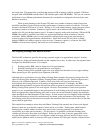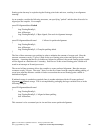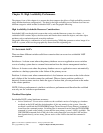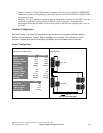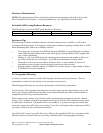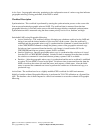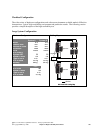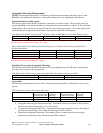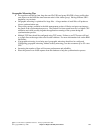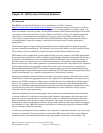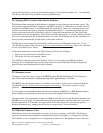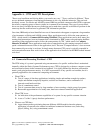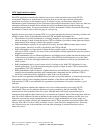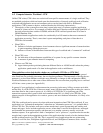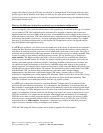Geographic Mirroring Tips
• For a quicker switchover time, keep the user-ID (UID) and group-ID (GID) of user profiles that
own objects on the IASP the same between nodes of the cluster group. Having different UID’s
lengthens vary on times.
• Geographic mirroring is optimized for large files. A large number of small files will produce a
slower synchronization rate.
• The priority settings available in the disk management section of iSeries navigator can improve
the speed of the synchronization process. The tradeoff for faster speed however is a higher CPU
utilization and could possibly degrade the applications running on the system during the
synchronization process.
• Multiple TCP lines should be configured using TCP routes. Failure to use TCP routes will lead
to a single line on the target side to be flooded with data. For more information look on the IBM
InfoCenter.
• If geographic mirroring is not being used, geographic mirroring should not be configured.
Configuring geographic mirroring without actually mirroring your data consumes up to 5% extra
CPU.
• Increasing the number of lines will increase performance and reliability
• Place the journal in an IASP separate from the database to help the synchronization process
IBM i 6.1 Performance Capabilities Reference - January/April/October 2008
© Copyright IBM Corp. 2008 Chapter 21 High Availability Performance 332



